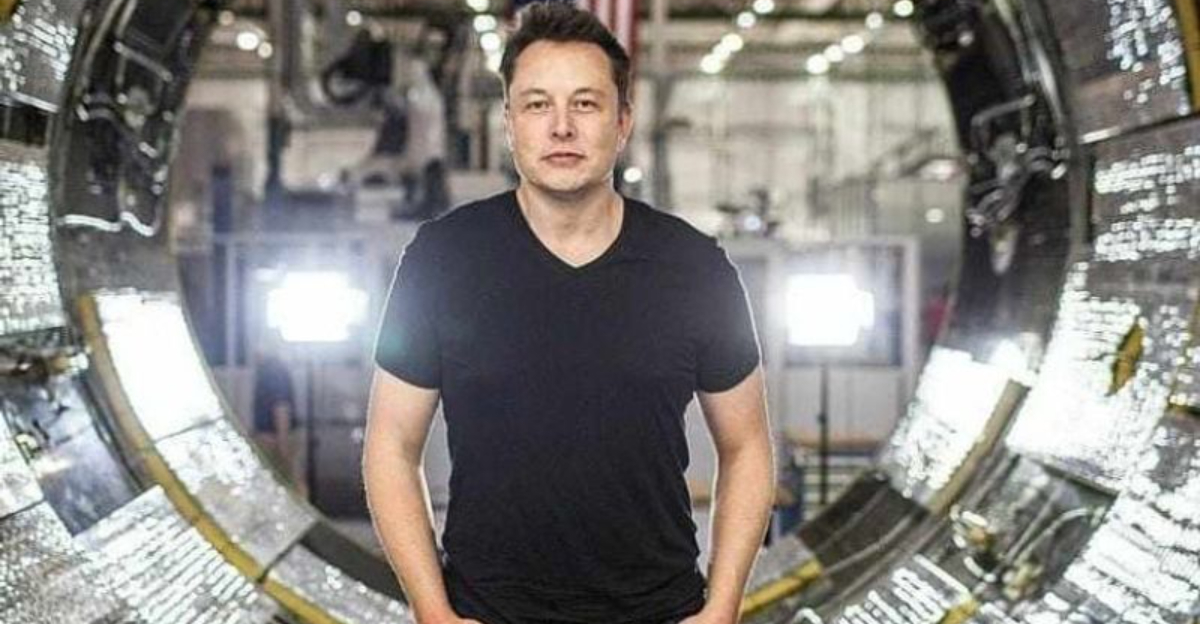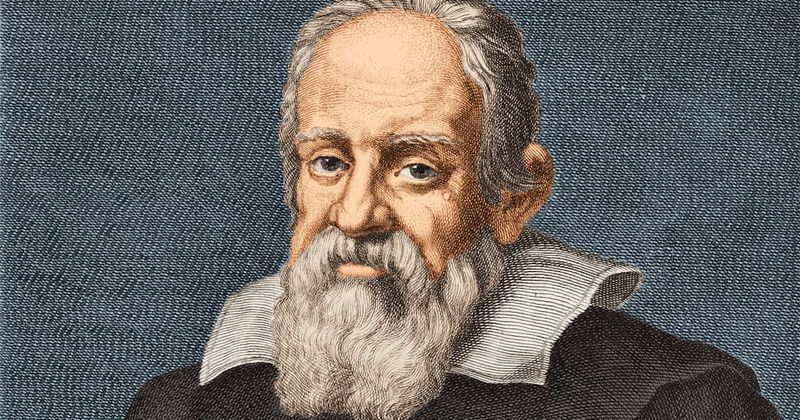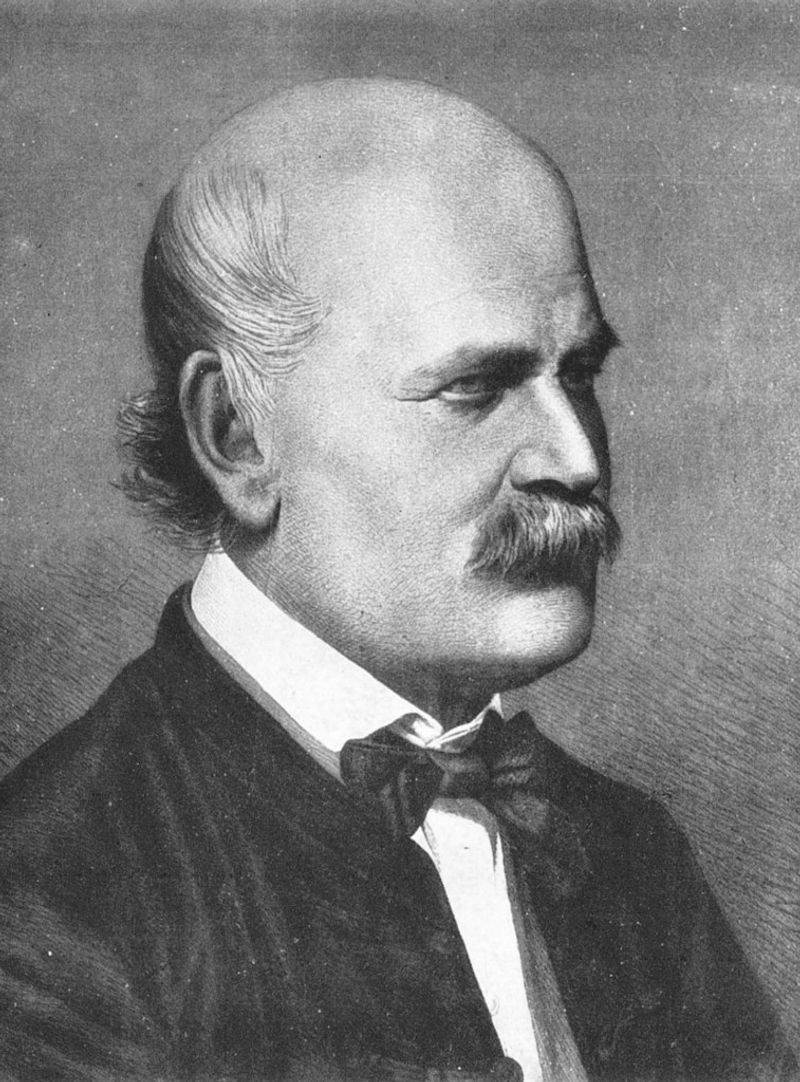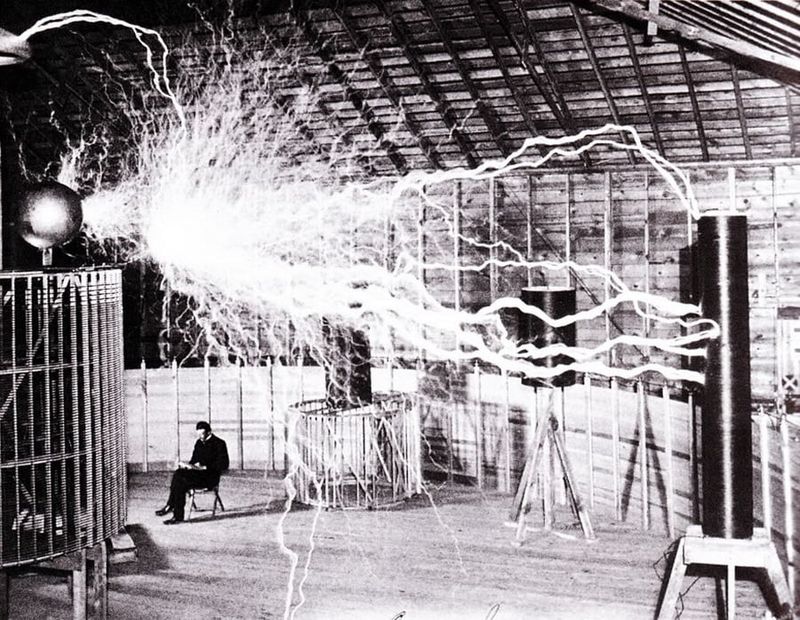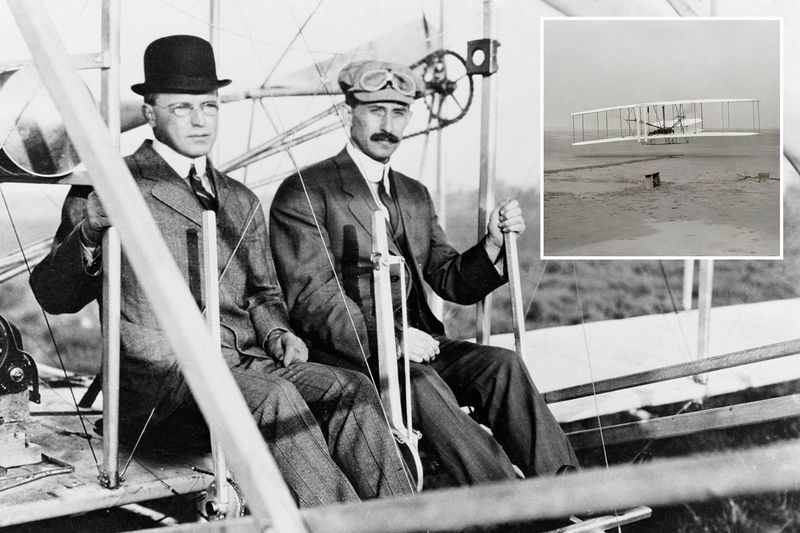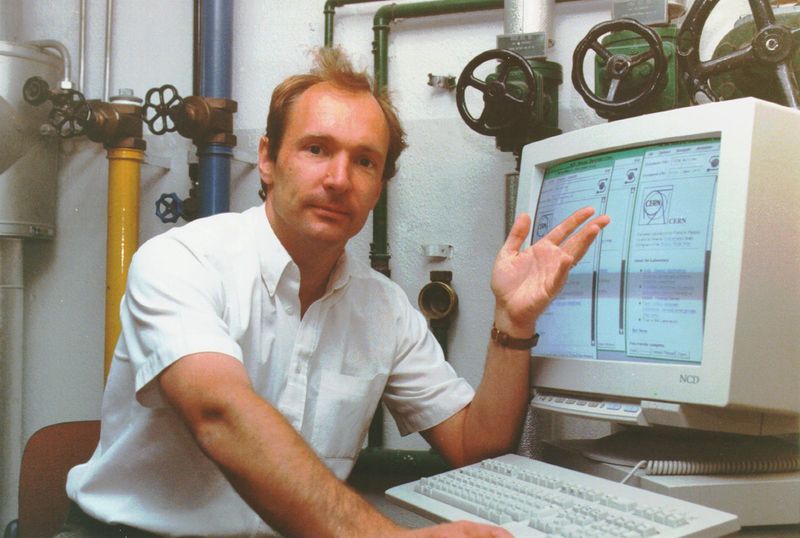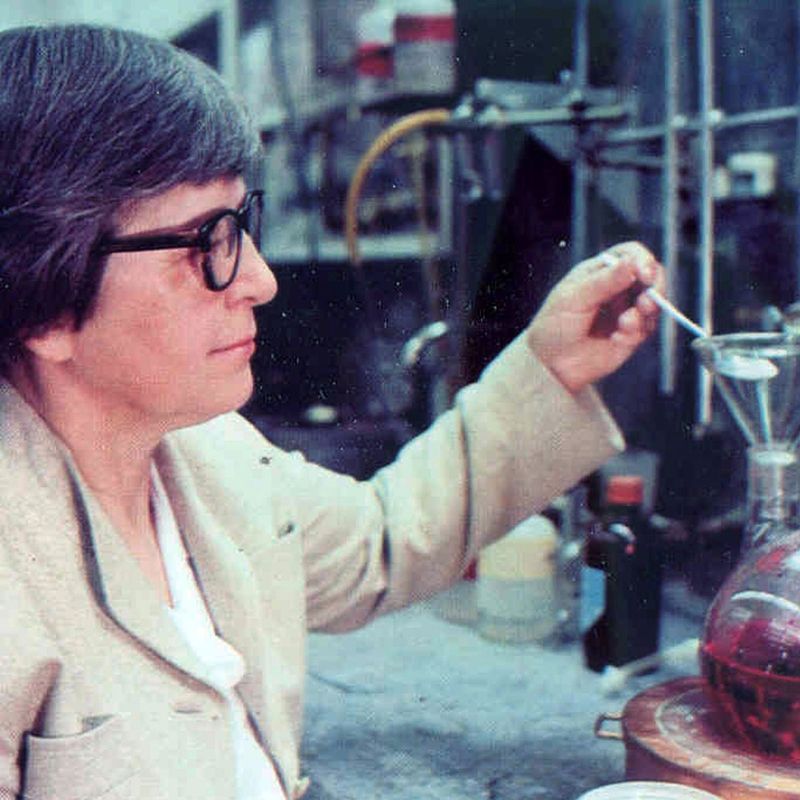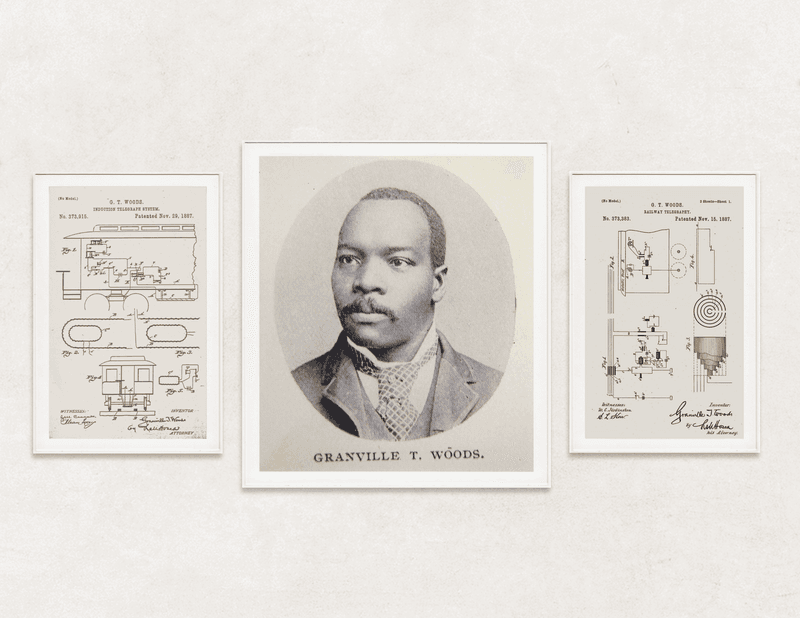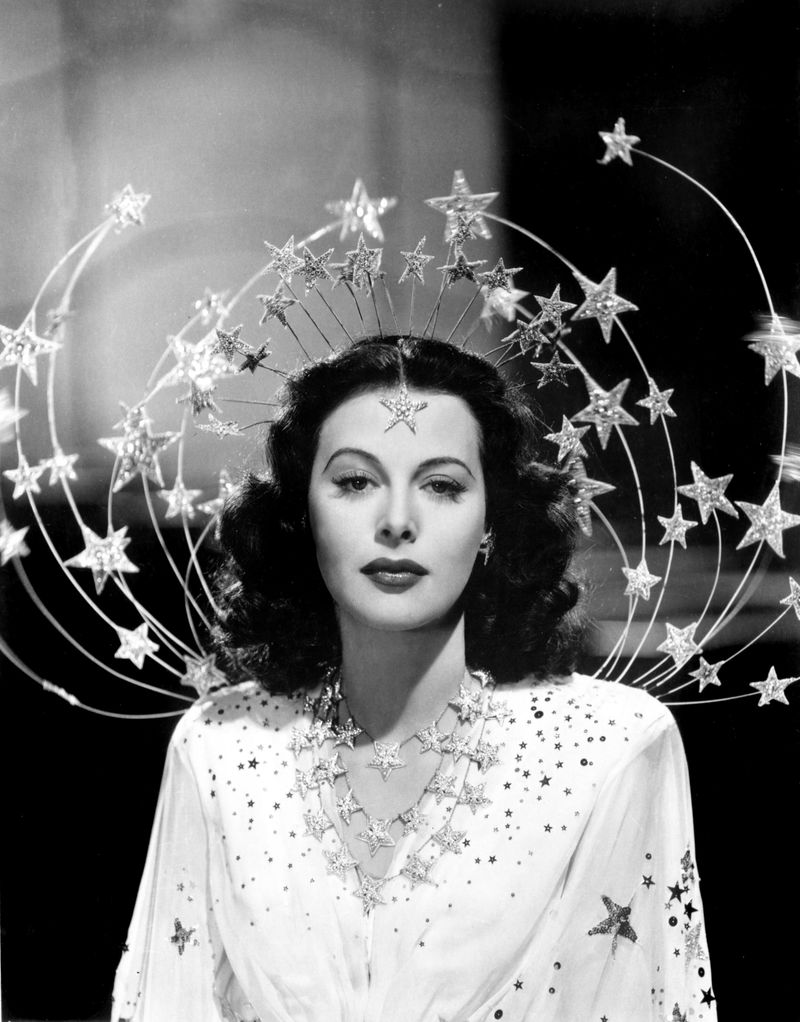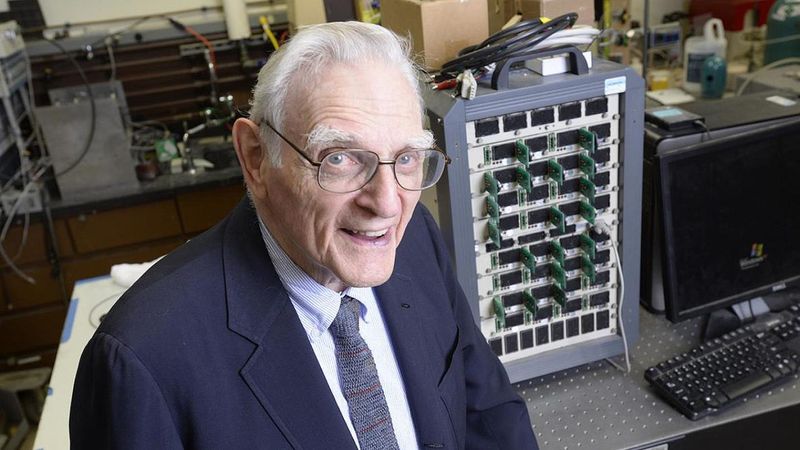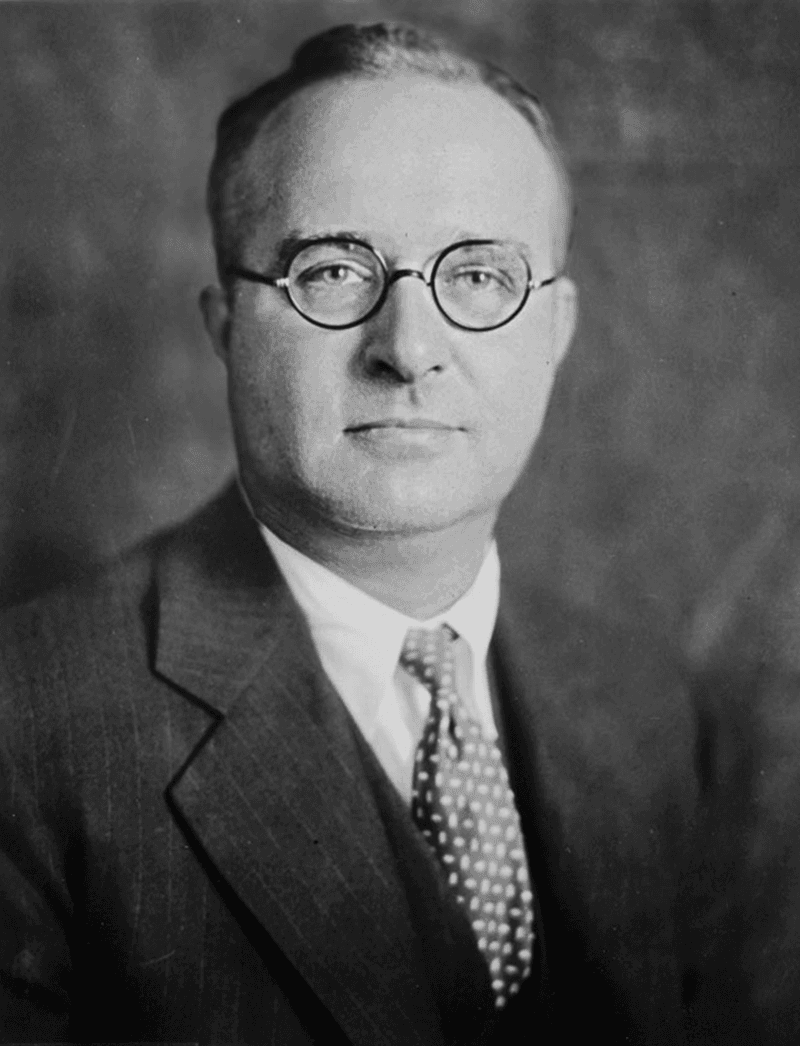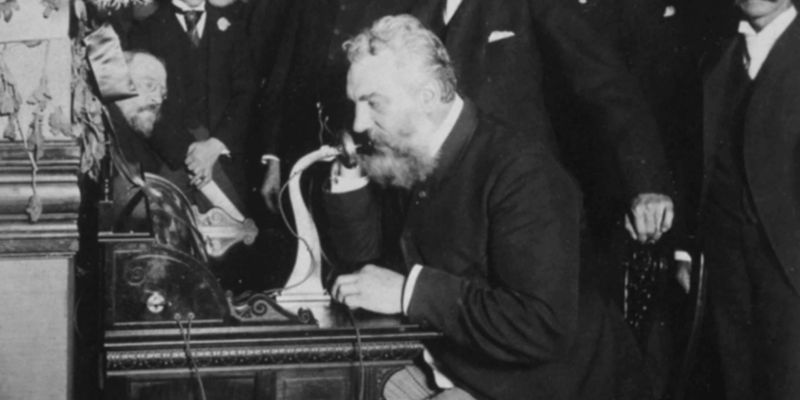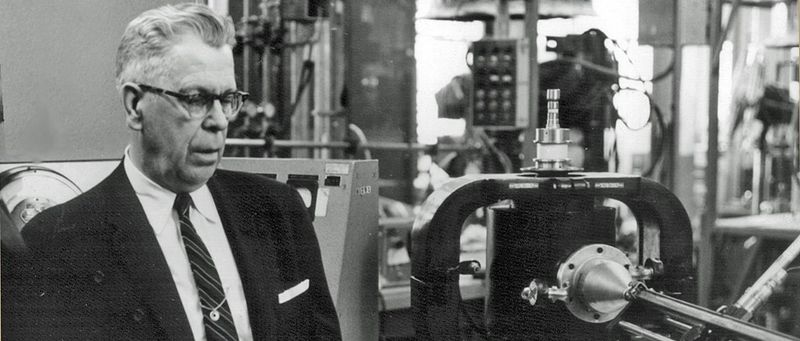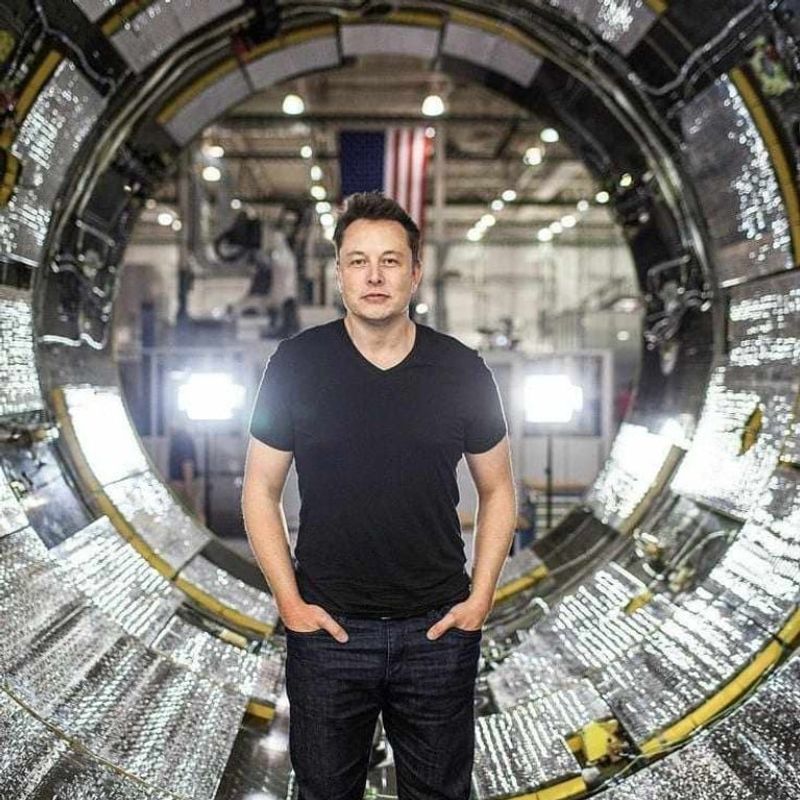History is filled with brilliant minds who, despite facing ridicule and skepticism, revolutionized the world with their groundbreaking ideas. Here, we explore 13 remarkable inventors who were initially dismissed or laughed at, only to later prove their critics wrong with innovations that have shaped modern society.
1. Galileo Galilei (1564–1642)
Galileo Galilei, often regarded as the father of modern science, faced harsh criticism for his heliocentric theory, which claimed the Earth revolved around the Sun, contradicting the prevailing geocentric view. Despite relentless opposition and eventual house arrest for heresy, his astronomical observations laid the groundwork for modern astronomy. A man of relentless curiosity, Galileo’s work paved the way for future scientific discoveries. His perseverance and dedication to truth highlight the plight of those who were ahead of their time. Did you know? Galileo’s telescope magnified objects 20 times their size, a marvel in his era.
2. Ignaz Semmelweis (1818–1865)
Ignaz Semmelweis, a Hungarian physician, faced ridicule for his revolutionary insistence on hand hygiene to prevent infections. His observation that handwashing drastically reduced mortality rates in childbirth was dismissed by his contemporaries. Tragically, he died in an asylum, unrecognized for his contributions. Yet today, Semmelweis is celebrated as the pioneer of antiseptic procedures. His story is a testament to the importance of tenacity in the face of adversity. Fun fact: Semmelweis’s advocacy for cleanliness laid the foundation for modern hygiene practices in medical settings worldwide.
3. Nikola Tesla (1856–1943)
Nikola Tesla, a visionary inventor and engineer, was often dismissed as eccentric for his grand ideas like wireless energy and alternating current (AC) power. Despite facing skepticism and financial hardships, Tesla’s AC system eventually triumphed over Edison’s direct current (DC) model, revolutionizing the world’s electrical infrastructure. His legacy as a brilliant, albeit misunderstood, inventor endures. Tesla’s dreams of wireless energy have inspired modern innovations. Did you know? Tesla once lit 200 lamps wirelessly from a distance of 25 miles, showcasing his extraordinary foresight and ingenuity.
4. The Wright Brothers (Orville & Wilbur, 1871–1948, 1867–1912)
Orville and Wilbur Wright, two bicycle mechanics with a dream, were laughed at for their belief that humans could fly. Undeterred by ridicule, they meticulously studied aerodynamics and built a powered aircraft. In 1903, at Kitty Hawk, they achieved the first successful powered flight, a mere 12 seconds that changed history. Their tenacity and ingenuity paved the way for the aviation industry. Fun fact: The Wright brothers’ Flyer had a wingspan of just over 40 feet and was made of spruce and muslin, materials common in their bicycle shop.
5. Tim Berners-Lee (b. 1955)
Tim Berners-Lee, a British computer scientist, proposed an idea that seemed outlandish at the time: a “world wide web” connecting information globally. His vision was met with skepticism, yet he persevered, creating the first web browser and server. Today, the internet is a fundamental part of modern life, a testament to Berners-Lee’s foresight and innovation. His work exemplifies the impact of dreaming big despite initial doubt. Did you know? The first website, built by Berners-Lee, was dedicated to information on the World Wide Web project itself.
6. Stephanie Kwolek (1923–2014)
Stephanie Kwolek, an American chemist, faced skepticism when she discovered an ultra-strong liquid polymer. Initially deemed useless, her invention of Kevlar revolutionized industries requiring high-strength materials. Used in bulletproof vests and space exploration, Kevlar’s impact is profound. Kwolek’s story is one of persistence and brilliance. Her work continues to protect and save lives worldwide. Fun fact: Kevlar is five times stronger than steel on an equal weight basis, yet incredibly lightweight, a testament to Kwolek’s groundbreaking research.
7. Granville Woods (1856–1910)
Granville Woods, often called the “Black Edison,” was an African American inventor who faced relentless racial prejudice. Despite this, he held over 60 patents, including a telegraph system that prevented train collisions. His persistence and innovative spirit broke barriers in technology and transportation. Woods’s contributions remain vital to railway safety. His genius in overcoming adversity and skepticism marks him as a pivotal figure in engineering history. Fun fact: Woods’s telegraph invention enabled communication between moving trains and stations, a groundbreaking safety advancement.
8. Hedy Lamarr (1914–2000)
Hedy Lamarr, an Austrian-born actress renowned for her beauty, was also a brilliant inventor. Her frequency-hopping spread spectrum technology, initially dismissed, became the foundation for modern wireless communication, including Wi-Fi and Bluetooth. Lamarr’s dual legacy as a Hollywood star and tech pioneer highlights her intelligence and creativity. Her work has had a lasting impact on technology. Did you know? Lamarr’s invention was intended to prevent the jamming of torpedo radio signals during World War II, showcasing her ingenious problem-solving skills.
9. John B. Goodenough (b. 1922)
John B. Goodenough, an American physicist, championed the development of rechargeable lithium-ion batteries, despite initial skepticism. His groundbreaking work earned him a Nobel Prize at age 97. Goodenough’s invention is a cornerstone of modern technology, powering everything from smartphones to electric cars. His relentless pursuit of innovation exemplifies the power of perseverance. His contributions continue to transform the world of energy. Did you know? Goodenough’s work on lithium-ion batteries started in the 1980s, yet it remains a critical component of today’s portable electronics.
10. Thomas Midgley Jr. (1889–1944)
Thomas Midgley Jr., an American chemist, was initially celebrated for his inventions of leaded gasoline and chlorofluorocarbons (CFCs). However, these innovations later proved disastrous for the environment, causing massive harm. Midgley’s story serves as a cautionary tale about unintended consequences in science. Despite his initial acclaim, his legacy is marred by environmental damage. Did you know? Midgley’s inventions, once hailed as breakthroughs, are now examples of environmental missteps, prompting stricter regulations on chemical safety.
11. Alexander Graham Bell (1847–1922)
Alexander Graham Bell, a Scottish-born inventor, faced skepticism for his idea of transmitting voice over wires—a concept many deemed impractical. Yet, his invention of the telephone revolutionized global communication. Bell’s success with the telephone, and founding of AT&T, underscores his vision and tenacity. His work laid the foundation for the telecommunications industry. Did you know? Bell’s first successful phone call was to his assistant, uttering the words, “Mr. Watson, come here. I want to see you.” This historic moment changed communication forever.
12. Percy Spencer (1894–1970)
Percy Spencer, an American engineer, made a serendipitous discovery while working with radar technology. He noticed a candy bar melting in his pocket, leading to the invention of the microwave oven. Initially met with skepticism, this household appliance became a staple worldwide. Spencer’s curiosity and ingenuity exemplify how accidents can lead to innovation. His work transformed the way we cook and reheat food. Did you know? The first commercial microwave was almost six feet tall and weighed over 700 pounds, a far cry from the compact models we use today.
13. Elon Musk (b. 1971)
Elon Musk, a modern-day innovator, has faced both admiration and skepticism for his ambitious ventures. From electric cars with Tesla to reusable rockets with SpaceX, Musk has consistently challenged conventional wisdom. His bold ideas often invite controversy, yet he continues to push technological boundaries. While some projects remain contentious, his influence on sustainable energy and space exploration is undeniable. Fun fact: Despite early failures, Musk’s Falcon 1 rocket became the first privately developed liquid-fueled spacecraft to reach orbit. His drive to innovate remains relentless.
